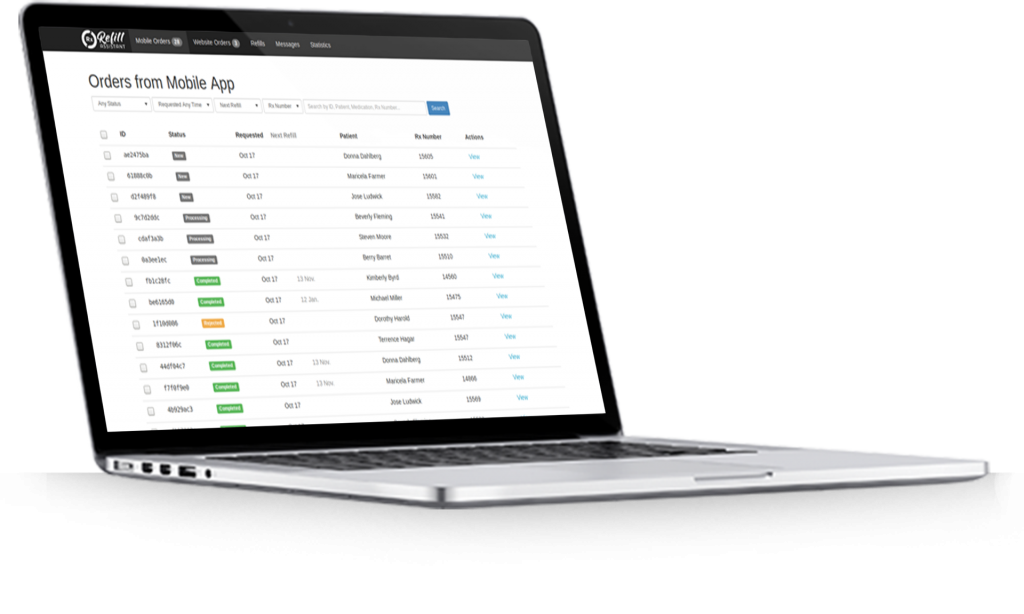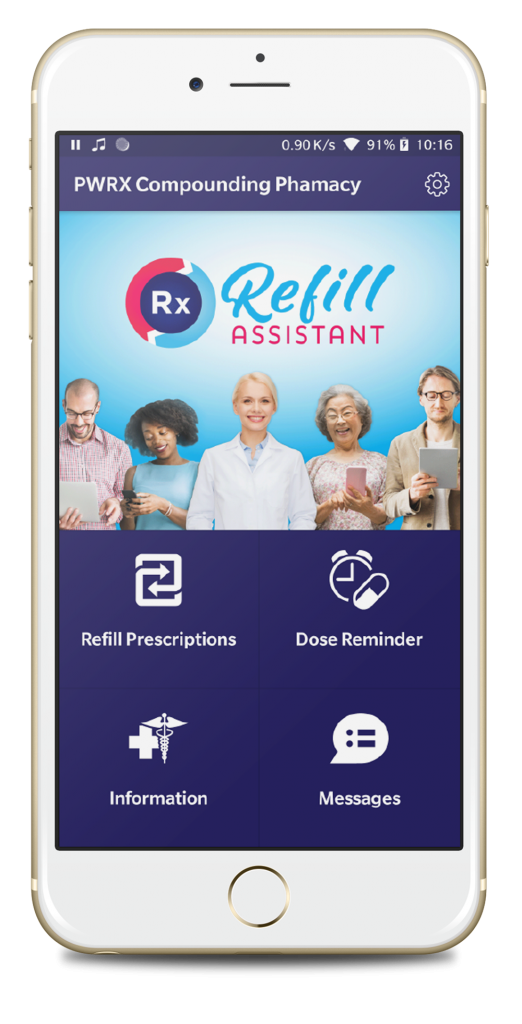Sometimes it helps to have a short-list of questions and answers for new patient prospects. Below is a list of common questions and answers that we have come across:
What is a compounded medication?
A compounded medication is a personalized medication created specifically for you based on your custom prescription to meet your needs. Your pharmacist will mix individual ingredients together to create a personalized drug combination, in a specific strength and dosage as prescribed by your doctor.
Compounding pharmacists can personalize medicine for patients who need specific:
- Strengths
- Dosage forms
- Flavors
- Ingredients excluded from medications due to allergies or other sensitivities
What are compounded medications used for?
Compounded medications can be used for many different conditions. Frequently prescribed for topical and oral pain medications, thyroid or hormone replacement, to combine multiple medications, flavor medication for children and veterinary medicine.
Who can use a compounded medication?
Anyone, as long as your doctor writes you a compound medication prescription. Because compounded medications are not one-size-fits-all, they can be tailored to your exact needs.
What is unique about compounded medications?
Compounded medications aren’t commercially available. They’re made especially for you, in-house, by your compounding pharmacist. Essentially, pharmaceutical companies do not mass produce these drugs and they are not available under regular brand names. Custom strengths and dosage forms can make a familiar medication easier to use/take. New ingredient combinations can also offer treatments that might not otherwise be available.
Other reasons for compounded medication?
Drug shortages and discontinued drugs continue to be problem. The FDA allows pharmacies to compound drugs when it is deemed to be in shortage or is being discontinued.
What is the disadvantage to a compounded prescription?
The biggest issue tends to be insurance. Some insurance plans allow the patient to be reimbursed by sending in claim forms. While you may be paying a pharmacy directly for a compounded prescription, many insurance plans may cover the final cost. In many cases, patients who take compounded medications do so because they cannot ingest available alternatives. For example, a patient who cannot swallow a tablet may need it crushed or liquefied.
Can I fill a prescription for a compounded medication at my local chain pharmacy?
Generally no. A lot of busy retail pharmacies are so focused on commercially available, mass-produced medications that they don’t have the supplies or equipment necessary for the particular compounded medication that your prescription may require. It is, therefore, most advisable to seek out a specialist compounding pharmacy. PCCA has a list of its members on its website here.
Refill Assistant specializes in social advertising for community pharmacies.










